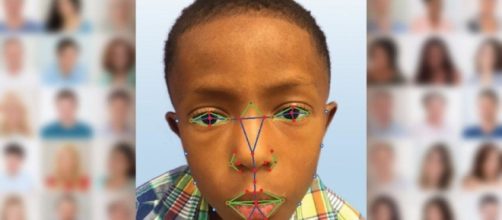Do you think that a selfie taken with a smartphone can help in diagnosing a rare genetic disorder? Yes, it is now possible which is evident from a recent study conducted by a group of researchers in National Institute of Health’s National Human Genome Research Institute (NHGRI).
Which genetic disorder do the researchers diagnose in the study?
According to the study, a rare genetic disorder called 22q11.2 deletion syndrome or DiGeorge syndrome can be diagnosed with the help of facial recognition software that is usually used in airports and other public places.
The disease which otherwise would be difficult to diagnose can cause multiple disorders like hearing loss, heart problems and other facial problems if not identified at an early stage. While DiGeorge syndrome was the second disorder to be diagnosed by the face recognition software, the first one was Down syndrome.
A geneticist from NHGRI’s Medical Genetics branch named Dr. Paul Kruszka states that “Human malformation syndromes appear different in different parts of the world. Even experienced clinicians have difficulty diagnosing genetic syndromes in non-European populations.”
How was the study conducted?
The study was conducted by making use of the 101 photos of different individuals produced by doctors from 11 countries which was published in American Journal of Medical Genetics.
Using these photos, the researchers compared a group of 156 Africans, Asians, Caucasians and Latin Americans suffering from the genetic disorder with those people who don’t have it using the facial analysis technology. The results of the study were on a convincing note as the researchers diagnosed all the ethnic groups correctly 96.6 percent of the time that is based on the facial features of 126 individual persons.
The results of the study are now available as a part of NIH’s Atlas of Human Malformation Syndrome in Diverse Populations.
The developer of the software Marius George Linguraru, an investigator at the Sheikh Zayed Institute for Pediatric Surgical Innovation said that the recent smartphones can help the doctors in diagnosing various diseases more quickly and making a clear assessment as these smartphones had already been used by several doctors in diagnosing preeclampsia and infections in the urinary tract.
Linguraru also assured that soon devices which can diagnose various genetic disorders by simply taking a photo of a patient will be developed and used in clinics and hospitals which will ultimately reduce the role of the doctors. But we need to wait for more studies to be conducted on this subject and approval from FDA for this to happen.

